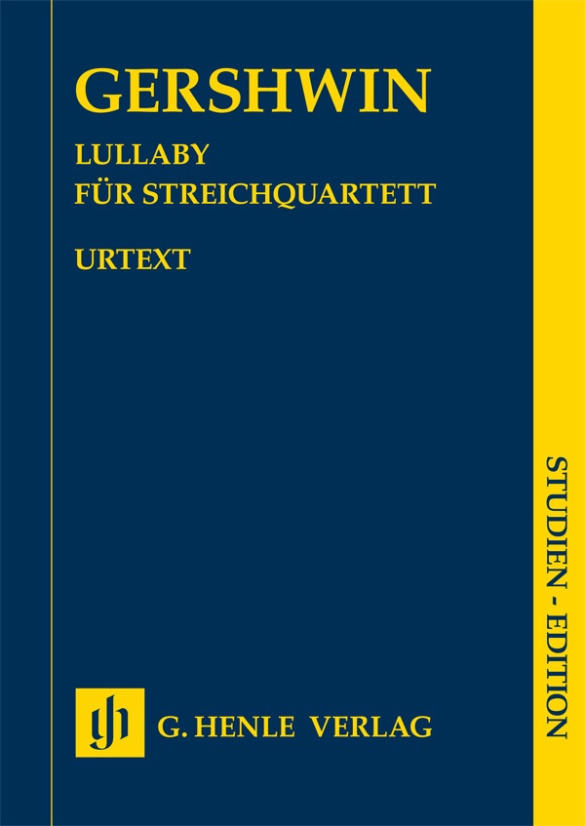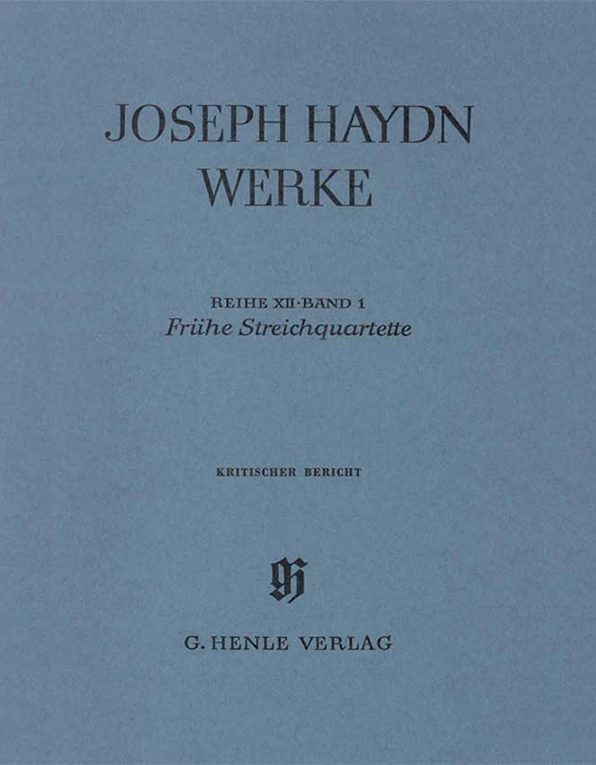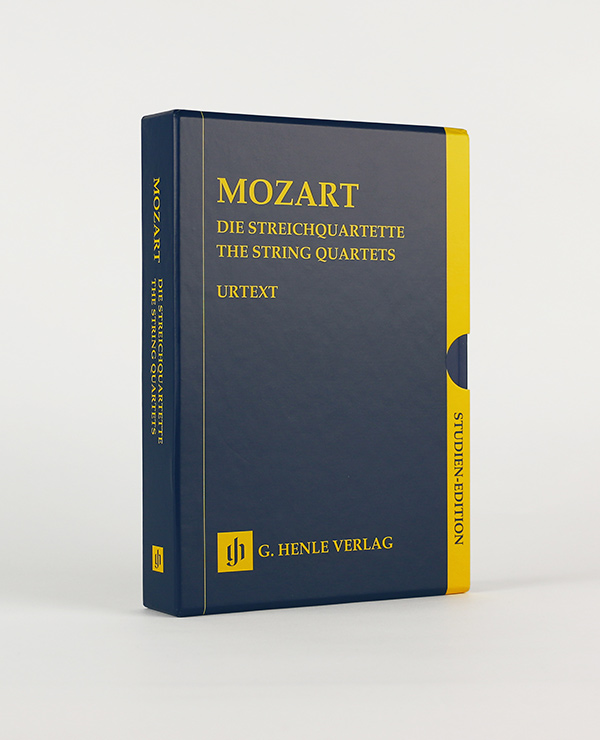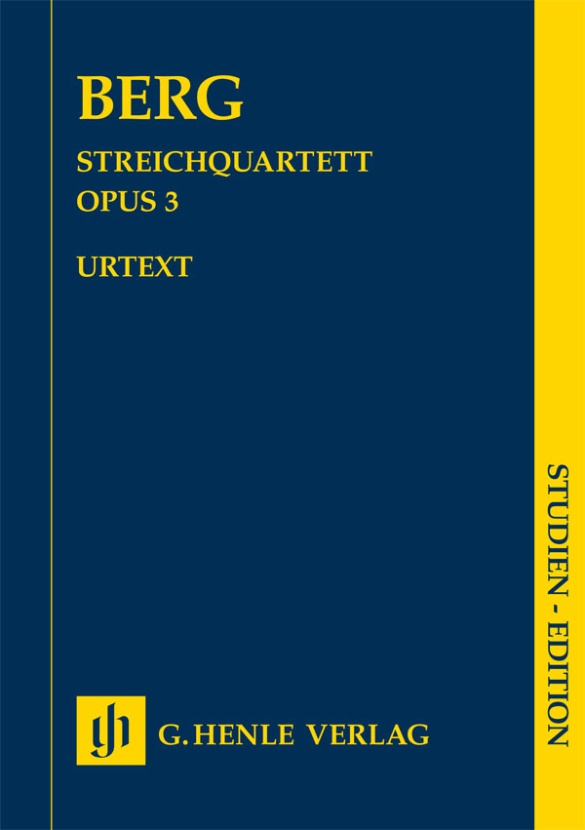

Alban Berg
String Quartet op. 3
Alban Berg’s String Quartet can be considered to be one of the founding works of the Second Viennese School. Already composed in 1910 and first published in 1920, it was the last composition the 25-year-old wrote under the tutelage of Arnold Schoenberg, who admired “the fullness and unconstraint of his musical language, the strength and sureness of its presentation, its careful working and significant originality”. Even today the extremely complex work places the highest technical demands on the interpreters.
Content/Details
About the Composer
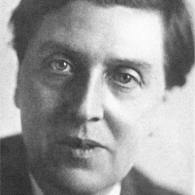
Alban Berg
Together with his teacher Schönberg and with Webern, he belongs to the Second Viennese School, which defined musical advancement through atonality and the twelve-tone technique. His modest oeuvre is explained not only by his early death, but also by his high aesthetic standard. His two operas Wozzeck and Lulu shaped twentieth-century music theatre. He also wrote essays on analytical and aesthetic matters.
| 1885 | Born in Vienna on February 9, the son of an art and book dealer. |
| from 1904 | Studies with Arnold Schönberg. |
| 1904–06 | Employment as an accountant. After coming into an inheritance, he relinquishes the position and dedicates himself to music. |
| 1905–08 | Seven Early Songs (orchestrated 1928). |
| 1909 | Sonata for piano, Op. 1, in one movement, in sonata-form. |
| 1909–10 | Four Songs for voice and piano, Op. 2, atonal with dense contrapuntal structure. |
| 1910 | String Quartet, Op. 3, with expressive tonal qualities. |
| 1912 | Five Orchestral Songs, texts from postcards from Peter Altenberg, Op. 4. Completes piano reduction of Schönberg’s Gurre-Lieder. |
| 1913 | Four Pieces for clarinet and piano, Op. 5. |
| 1913–15 | Three Pieces for Orchestra, Op. 6. |
| 1923–25 | Chamber Concerto for Piano and Violin with Thirteen Wind Instruments. |
| 1925 | Premiere in Berlin of his most famous opera, “Wozzeck,” considered an Expressionist work. |
| 1925–26 | Lyric Suite for string quartet, using twelve-tone technique. |
| 1929 | Concert aria “Der Wein” after Charles Baudelaire. |
| 1935 | Violin Concerto as a kind of “requiem” (dedicated “to the memory of an angel,” Manon Gropius). Dies in Vienna on December 23/24. |
| 1937 | Posthumous performance of the two acts of his unfinished opera “Lulu,” begun in 1927. |
Product Safety Informations (GPSR)

G. Henle Verlag
Here you can find the information about the manufacturer of the product.G. Henle Verlag e.K.
Forstenrieder Allee 122
81476 München
Germany
info@henle.de
www.henle.com
L'op. 3 di Berg viene proposta da Henle Verlag, in Urtext, in un'impressionante edizione: ogni parte staccata presenta il rigo da suonare in evidenza, insieme alla partitura in caratteri minori, in modo da poter seguire tutte le voci.
Archi, 2016recommendations
autogenerated_cross_selling
Further editions of this title


